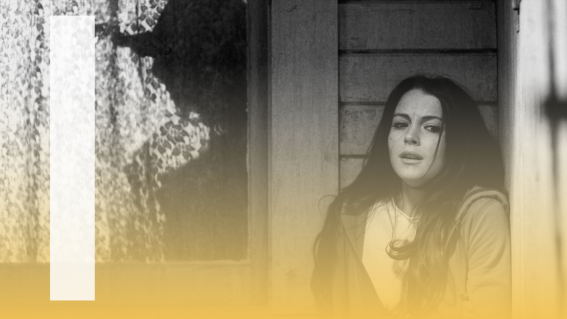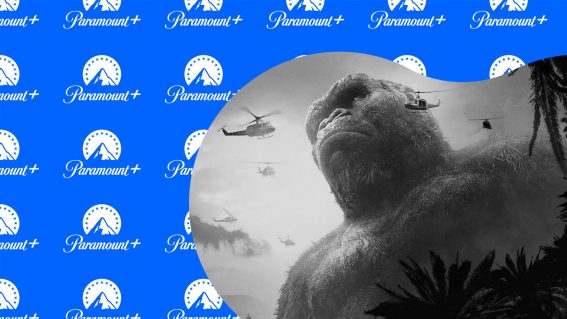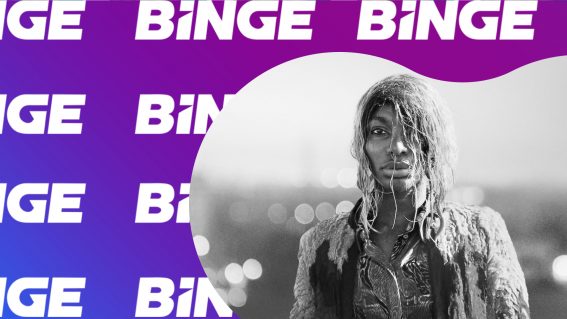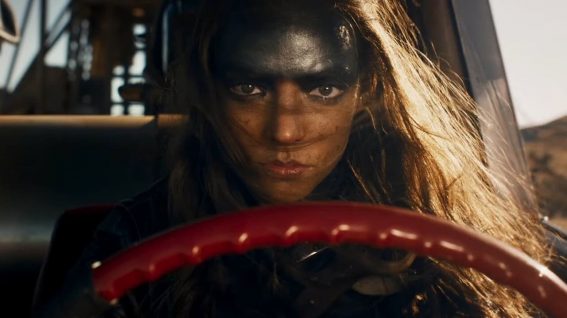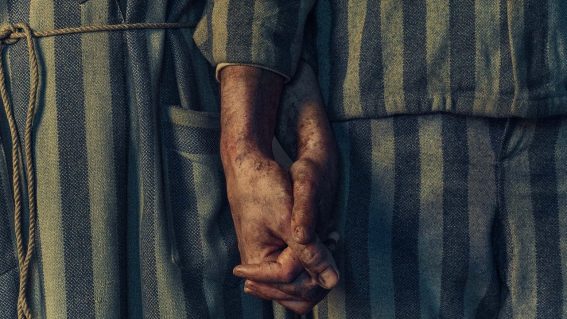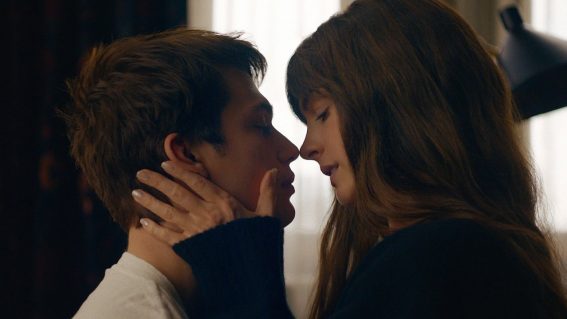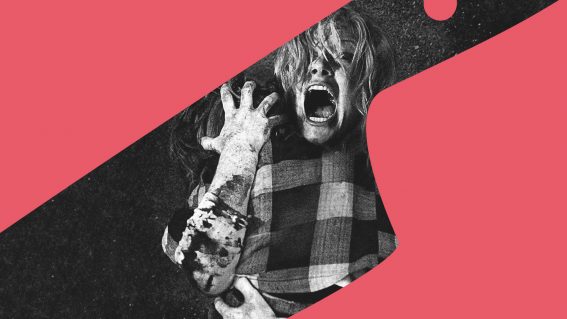The Scene in ‘Moonlight’ I Love the Most
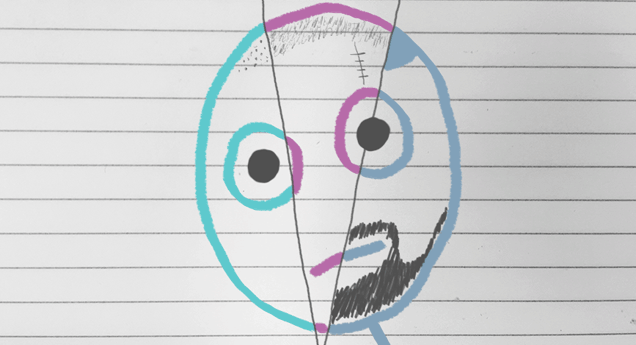
The following contains spoilers for Moonlight. Check here for movie times near you.
I don’t need to tell you how damn good Barry Jenkins’ Oscar-nominated Moonlight is because:
(A) I already did that.
(B) Since you’ve passed the spoiler alert, I’m assuming you’ve seen the film for yourself and agree wholeheartedly.
Moonlight doesn’t waste a single minute in its three distinct acts. Chapter One – ‘Little’ – serves as an introduction to Chiron’s unforgiving world, taken under the wing of Mahersala Ali’s Blue who guides him through a hurricane that will only get more vicious. Chapter Two – ‘Chiron’ – sees him inside the eye of the storm, one that took a moment of self-actualisation and slammed it into an act of hateful violence. Chapter Three – ‘Black’ – shows the mould of the man he’s forced to become, like a vase that’s been hammered into a cube.
This last chapter has the scene I love the most.
Chiron sits at the diner waiting for Kevin, the only person to have ever touched him intimately. After a decade, Kevin is finally within eyeshot. But Chiron, reverting back to his quiet demeanour, doesn’t say a word. The camera moves around him, keeping Kevin largely in frame, suggesting that, even with his head down, Chiron is completely aware of his presence. Maybe – just maybe – Kevin might see past ‘Black’, the gangbanger with the hulking frame, and see ‘Chiron’, the tender man he kissed under the moonlight.
It’s a moment many of us recognise, the strange disconnect that exists when someone you once bonded with now reappears in front of your eyes. Are they a stranger? Are they the same? Do they know how much they meant to me? How much they still mean to me? Do they still want me? Even just a part of me? Should I tell them that I want them? Or should I wait for them to show me? Will they show me at all? Should I get their attention? Will they even want my attention? Maybe I’ll get their attention. If I just stay here. And wait.
Eventually, Kevin sees him and starts the conversation. He’s always been the one to make the first move.
In the wavering mist of small talk, Chiron banters about the free meal he was promised. Kevin obliges and prepares something that’s not on the menu – the ‘Chef’s Special’. It might seem strange to spend the following minute with a slo-mo montage of Kevin actual making the dish, but it’s hugely important to witness the care and delicacy he puts into it.
One of the greatest joys I get is being able to cook for someone. Food is vitality, and to make food for someone else is to give them vitality. What you make very often reflects on who you are (you are what you eat ‘n all that). The joy, the vitality, the self-reflection – being able to give all that to someone else is an intimate experience in its own right. That’s what this moment shows, and why it’s so important to focus on.
What follows is just as important. With the dish in front of him, Chiron must take off his grills in order to eat it. Like a chain, a ring, or a tattoo, the grills are a part of his fabricated identity as ‘Black’ – a symbol of his status in the trap. But in order to take in this meal, he needs to remove them. And he does. Slowly. Carefully.
Chiron’s barriers, the ones he spend a decade fortifying himself around, dismantle moment by moment. This scene dedicates itself to that goal with every subtle, passing moment. It opens the audience up too, without us realising it. That’s why the final scene, in all its seeming simplicity, hits so hard. Like a stone through the window of a tomb.

